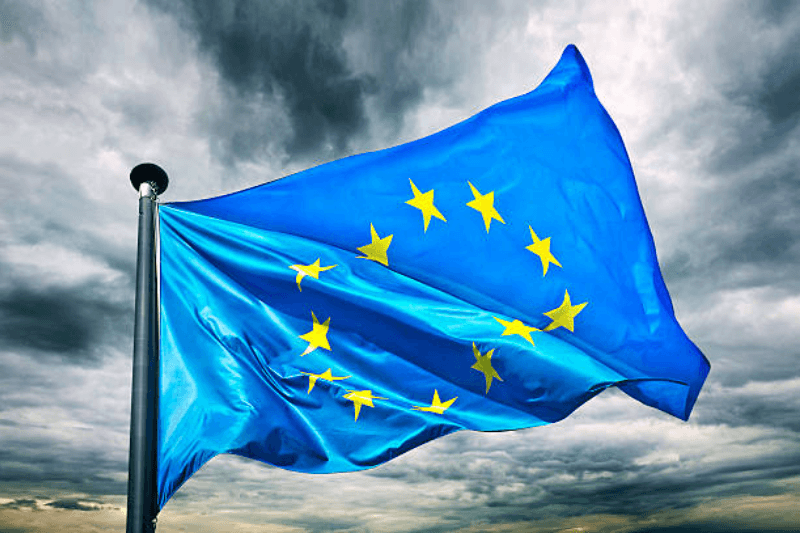
EU Commission promotes Spain’s action plan against fake news
Last updated on November 16th, 2020 at 05:07 am
EU Commission promotes Spain’s action plan: The Spanish government is chalking out an action plan to monitor the internet for fake news stories, under the “Procedure for Intervention against Disinformation” approved by the National Security Council of the country last month. As per recent reports, the European Commission has extended its support to the Spanish government’s plan to initiate administrative responses against disinformation campaigns and systematic and large-scale dissemination of false messages. Published in the Official Journal of the State (BOE) last week, the protocol aims at preventing, detecting and responding to disinformation on various platforms.
However, the move invited strong criticism from opposition leaders, claiming that Spanish Prime Minister Pedro Sánchez is using this strategy to control the media.
Meanwhile, the Spain government has denied these accusations, stressing that the main aim behind the project is not to censor or limit free and legitimate rights of the media. Instead, the plan will be led by the Secretary of State for Communication to conduct public communication campaigns to curb the spread of disinformation.
Leading members of the center-left coalition government defended the new protocol, stressing that the plan does not interfere with media freedom. Responding to opposition’s claims, Deputy Prime Minister Carmen Calvo maintained that the action plan has “nothing to do” with press freedom or freedom of expression.
“We are living in times when lies are becoming information in any part of the world, and democracies need to fight this, because it is part of our constitutional right,” the Deputy PM was quoted as saying.
The new protocol is an updated version of the document already in place since March 2019 under the previous government led by Popular Party (PP) Prime Minister Mariano Rajoy that carried out various initiatives to monitor disinformation campaigns.
These steps are being taken by the Spanish government in view of various incidents of disinformation campaigns in the past that not only interfered in public opinion, not also destabilised a country, particularly during election campaigns. Russia’s interference in the 2016 US presidential elections is one fine example of such a campaign. The Spanish document also acknowledges that news media, digital platforms, IT sector, academic world, and society in general play a crucial role in fighting disinformation by identifying it, preventing it from spreading, and raising awareness among other communities.
Spain’s efforts have come in line with the European Commission’s initiative to counter the threat of fake news. Among these initiatives include Action Plan Against Disinformation, Rapid Alert System and the Code of Practice on Disinformation aimed at investigating issues related to online disinformation and fake news stories. The European Union has also called on other member states to develop their capabilities for tackling the issue.




